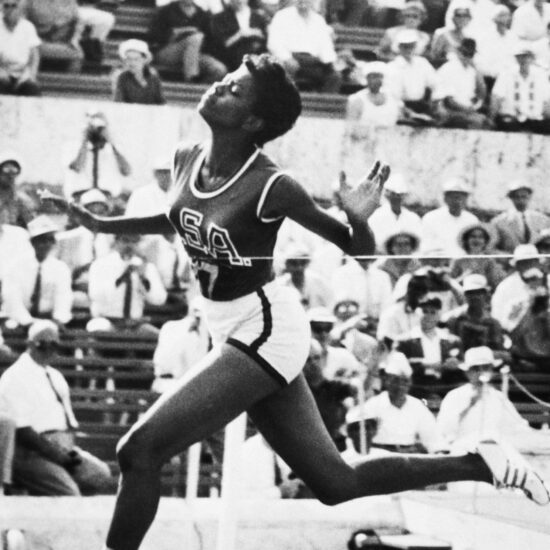
Wilma Rudolph, A Legendary Tigerbelle
The story of Black women and track and field through the lens of one of the early greats, Wilma Rudolph.

The story of Black women and track and field through the lens of one of the early greats, Wilma Rudolph.
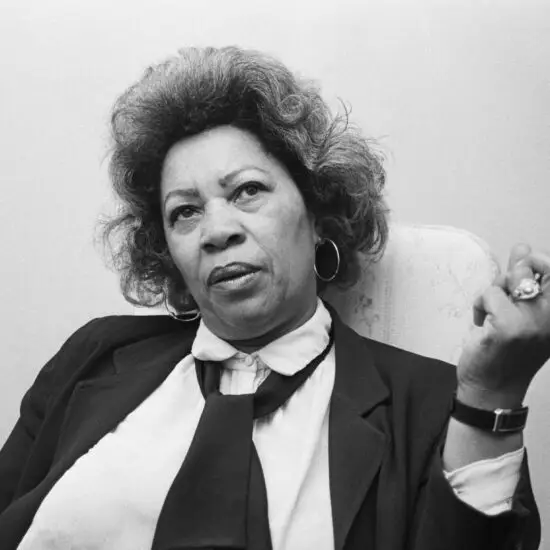
Toni Morrison’s Beloved
receives acclaim and suppression in equal measure, proving that unapologetically centering Blackness in literature is still controversial in the United States.
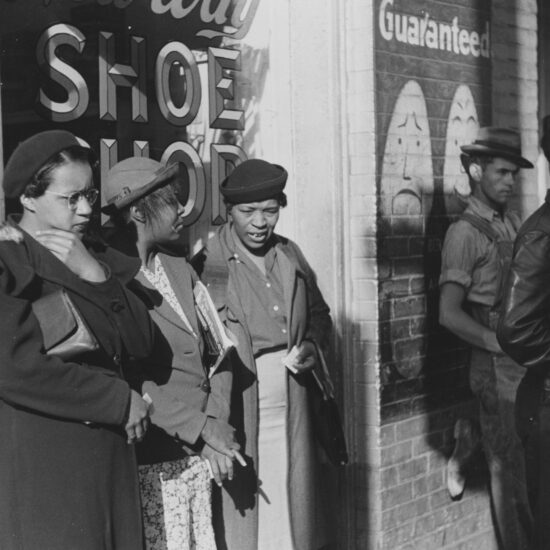
The everyday lives and struggles of Black women in Atlanta reveal the roots of their activism.
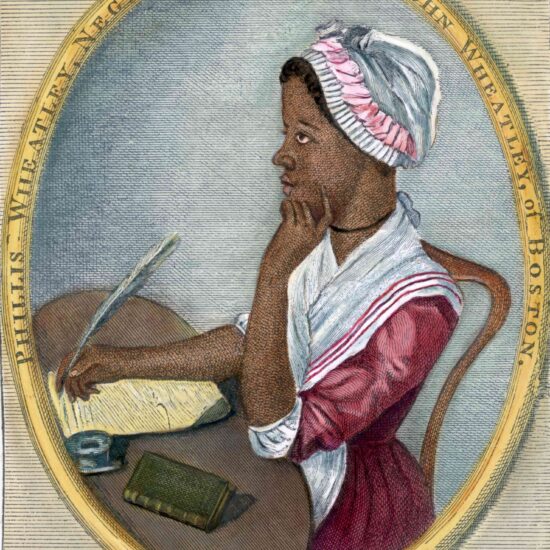
From Phillis Wheatley Peters to Ida B. Wells-Barnett, leading Black women activists defined their public images through their portraits to advance their ideas.
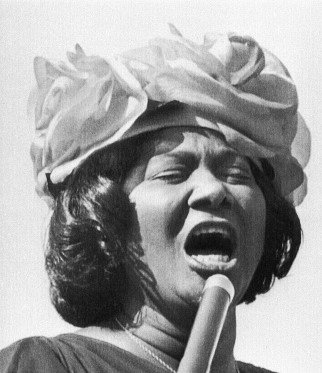
A photograph of Mahalia Jackson in 1964 offers a window on the role of music in the civil rights movement.
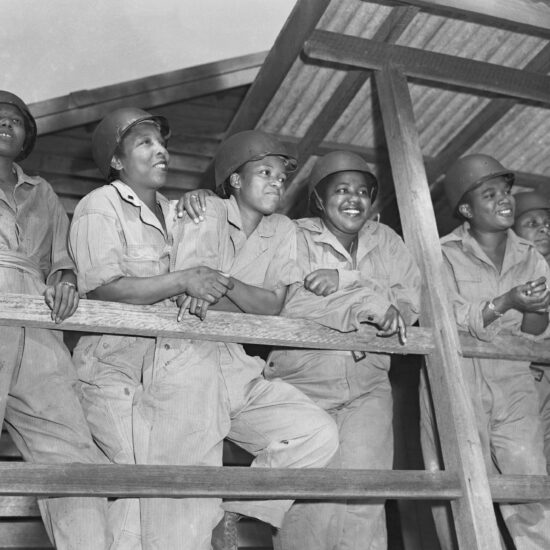
Hoping to court Black voters in the 1948 Presidential election, President Harry Truman issued Executive Order 9981, an act that significantly changed the armed forces and the Black experience in America.
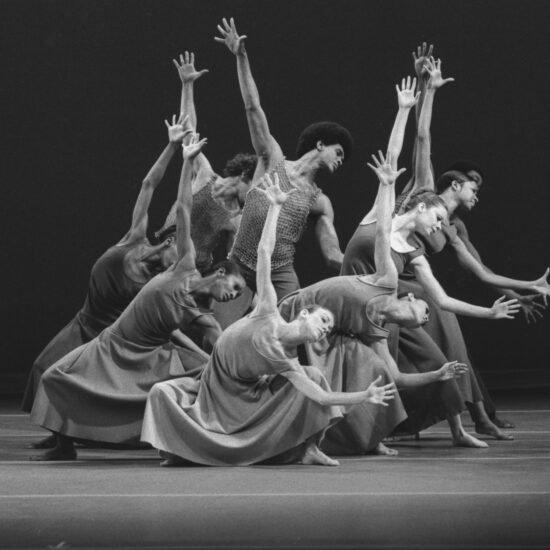
The famed choreographer used his art to emphasize the universal resonance of African American stories.
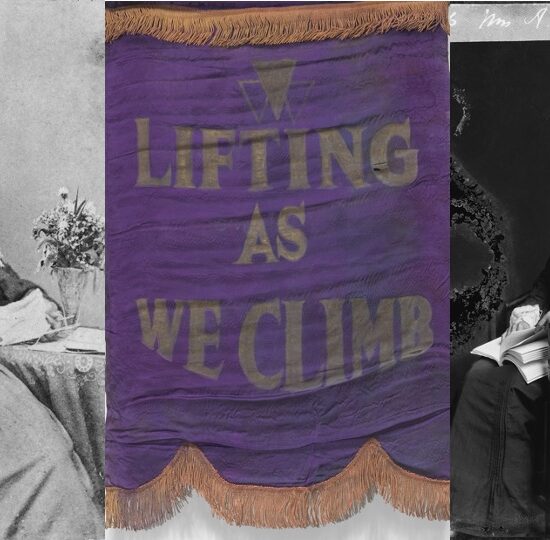
Sojourner Truth, Anna Julia Cooper, the National Association of Colored Women, and the foundations of Black women’s struggles today.
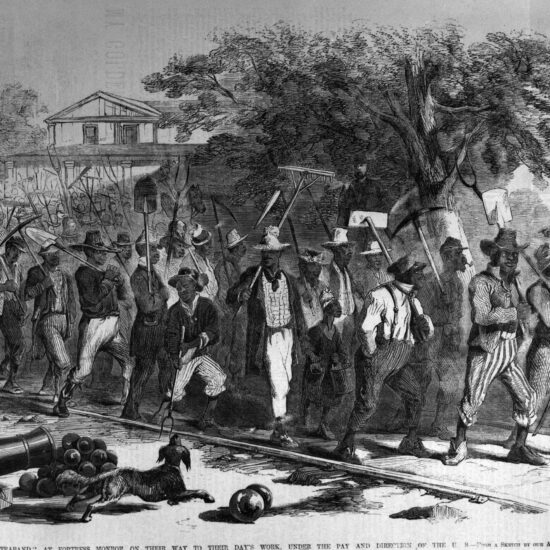
Enslaved refugees sought freedom in Union contraband camps during the American Civil War.
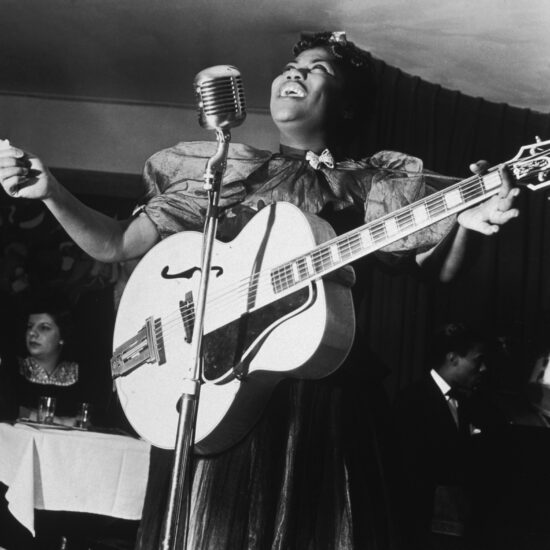
The remarkable story of Sister Rosetta Tharpe, a forgotten founder of rock and roll.